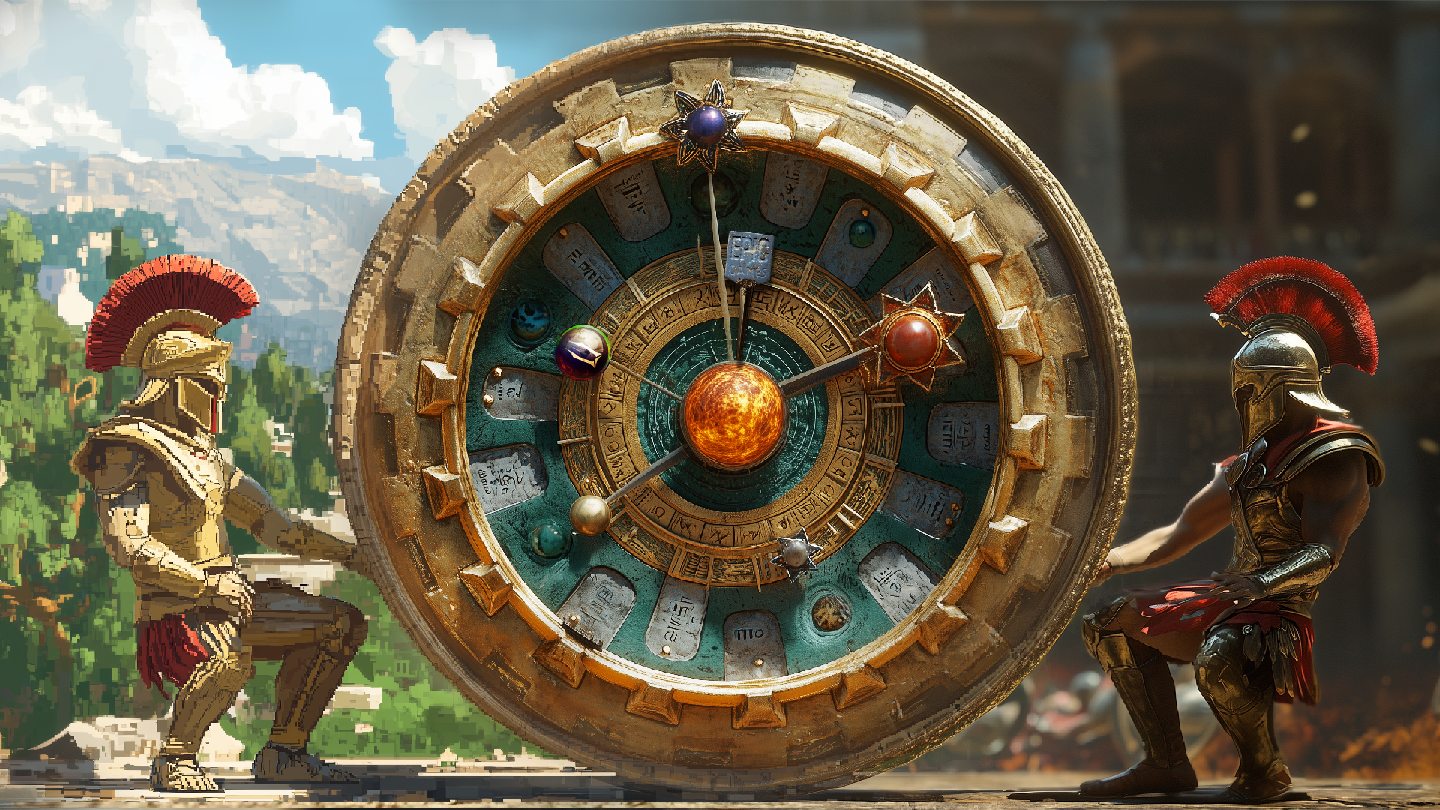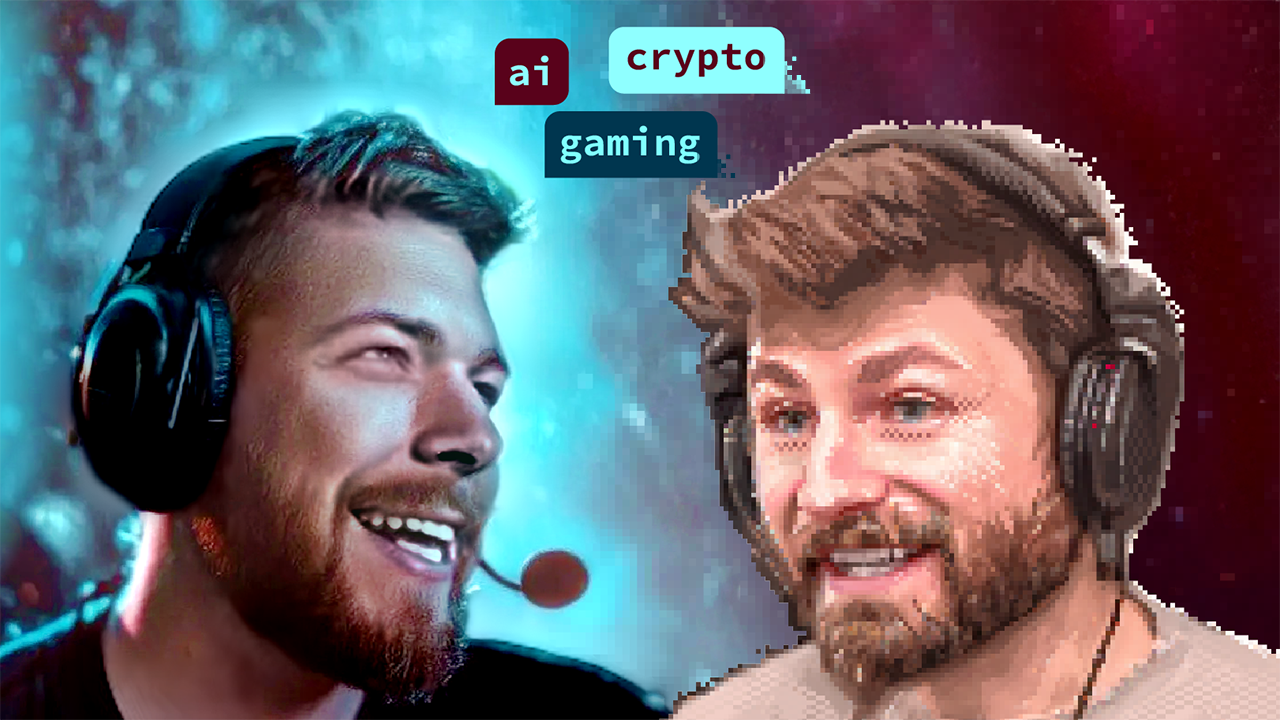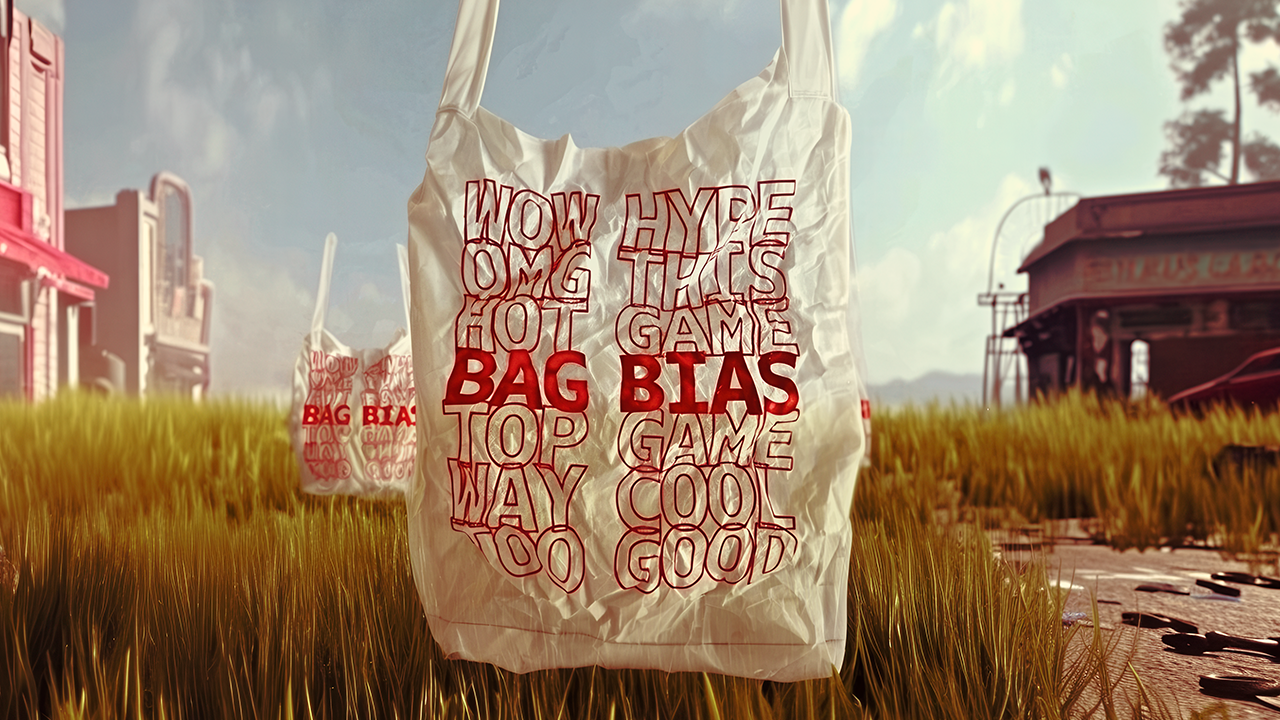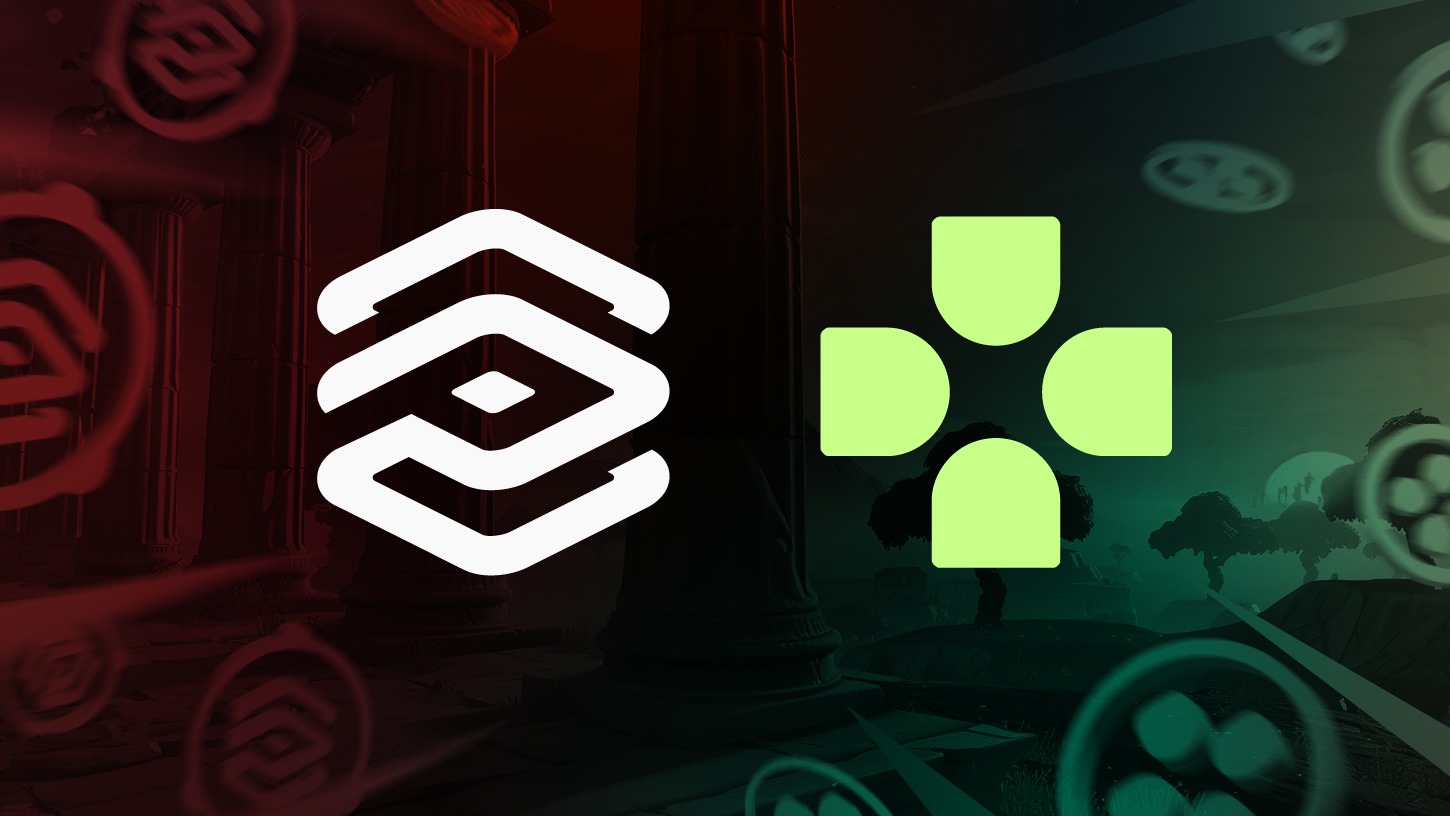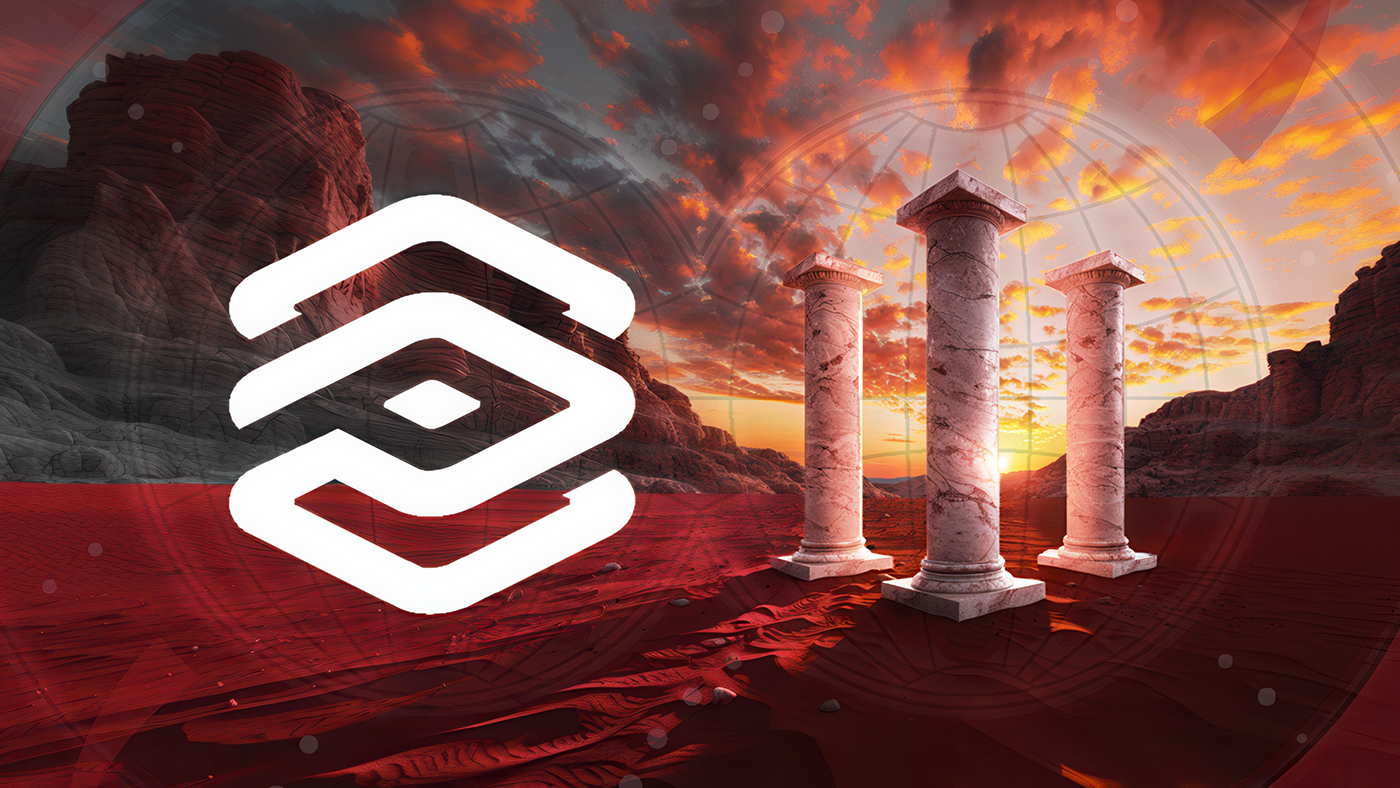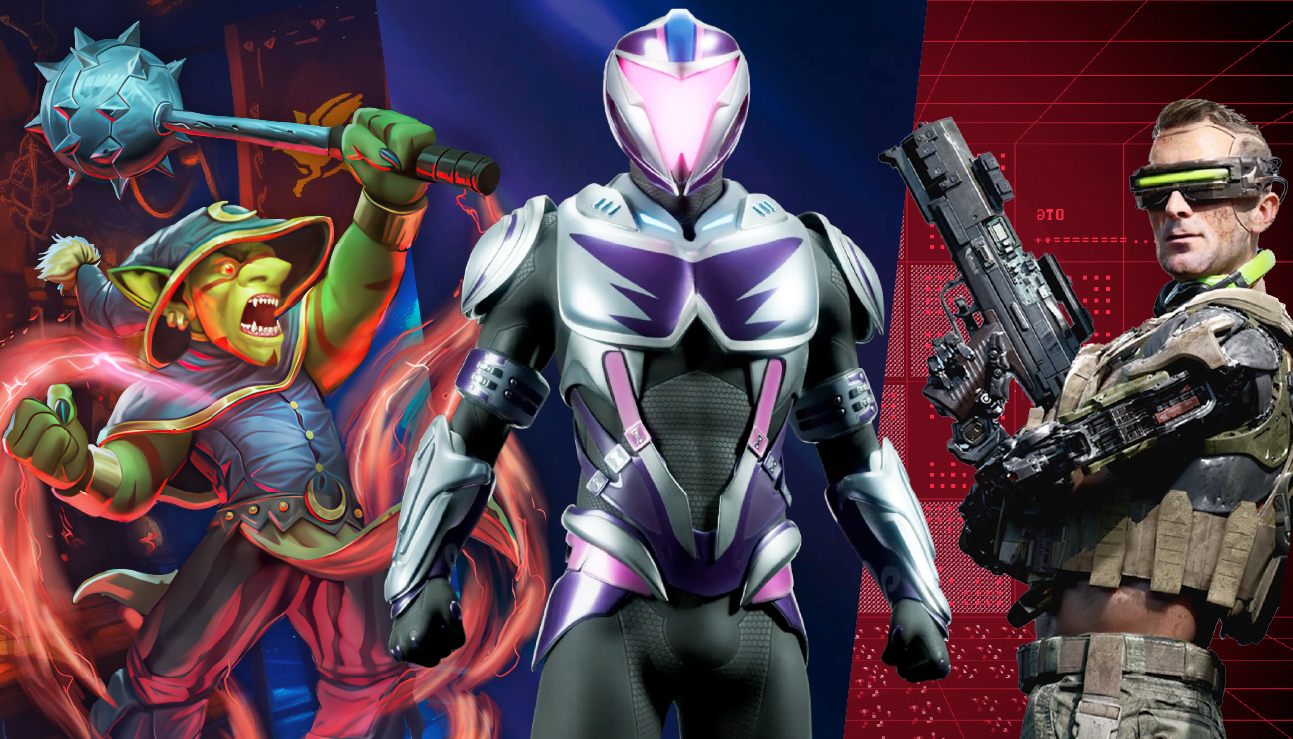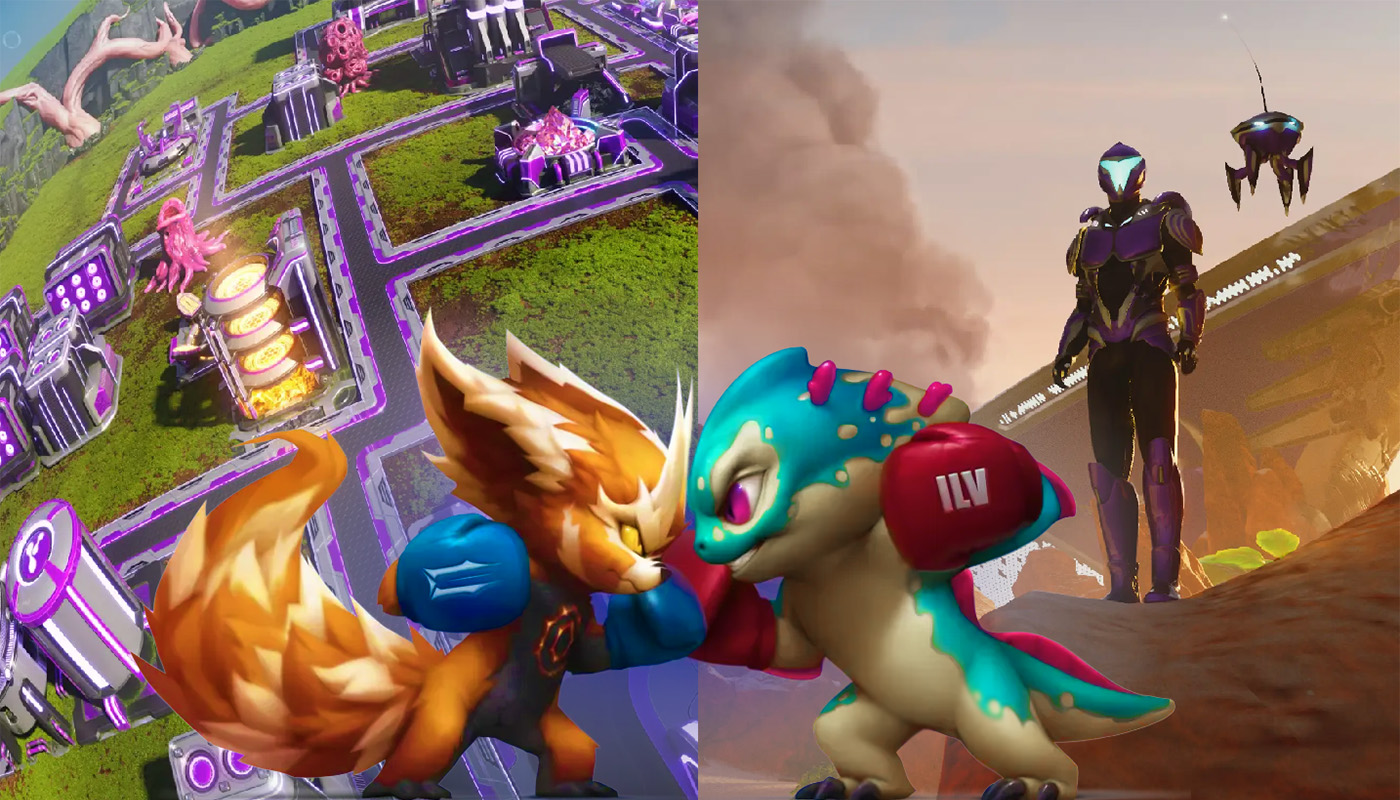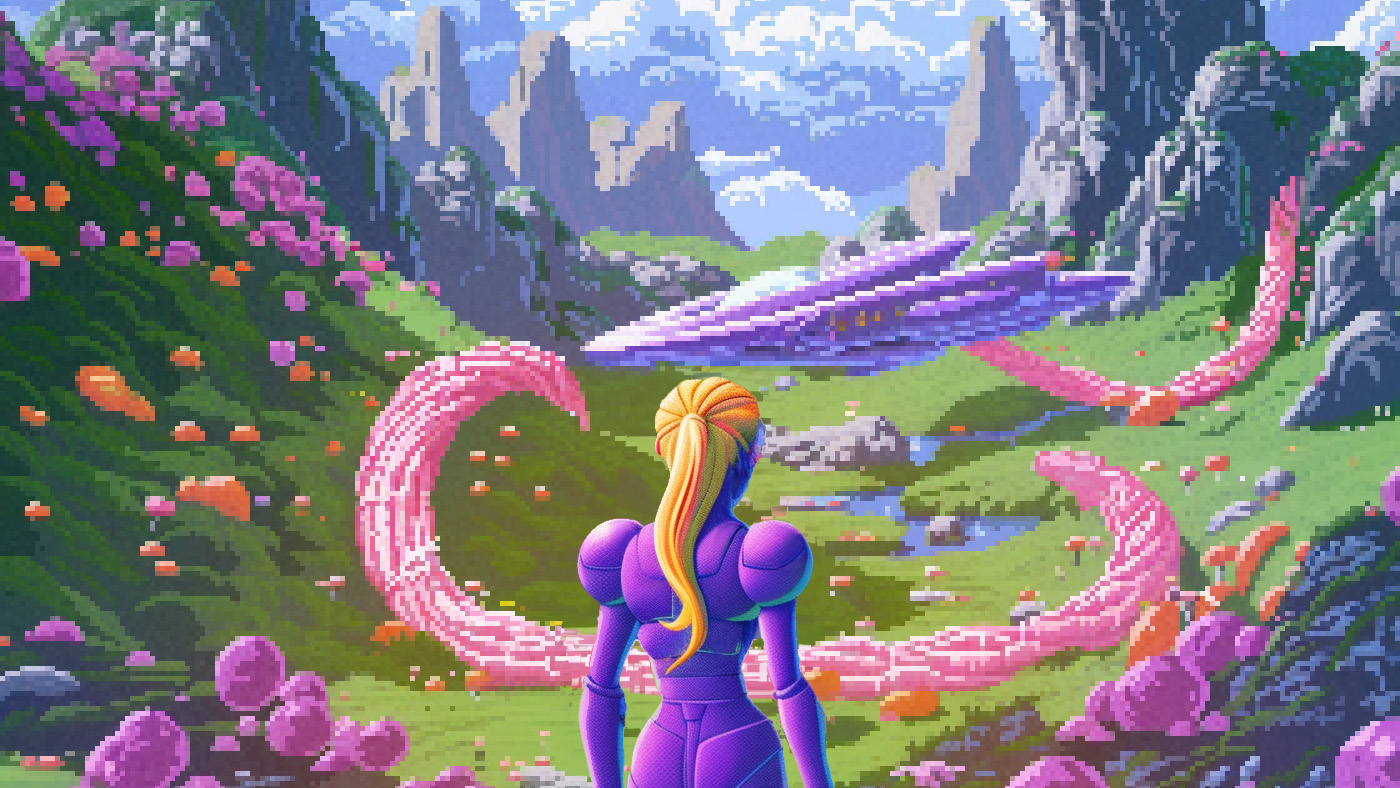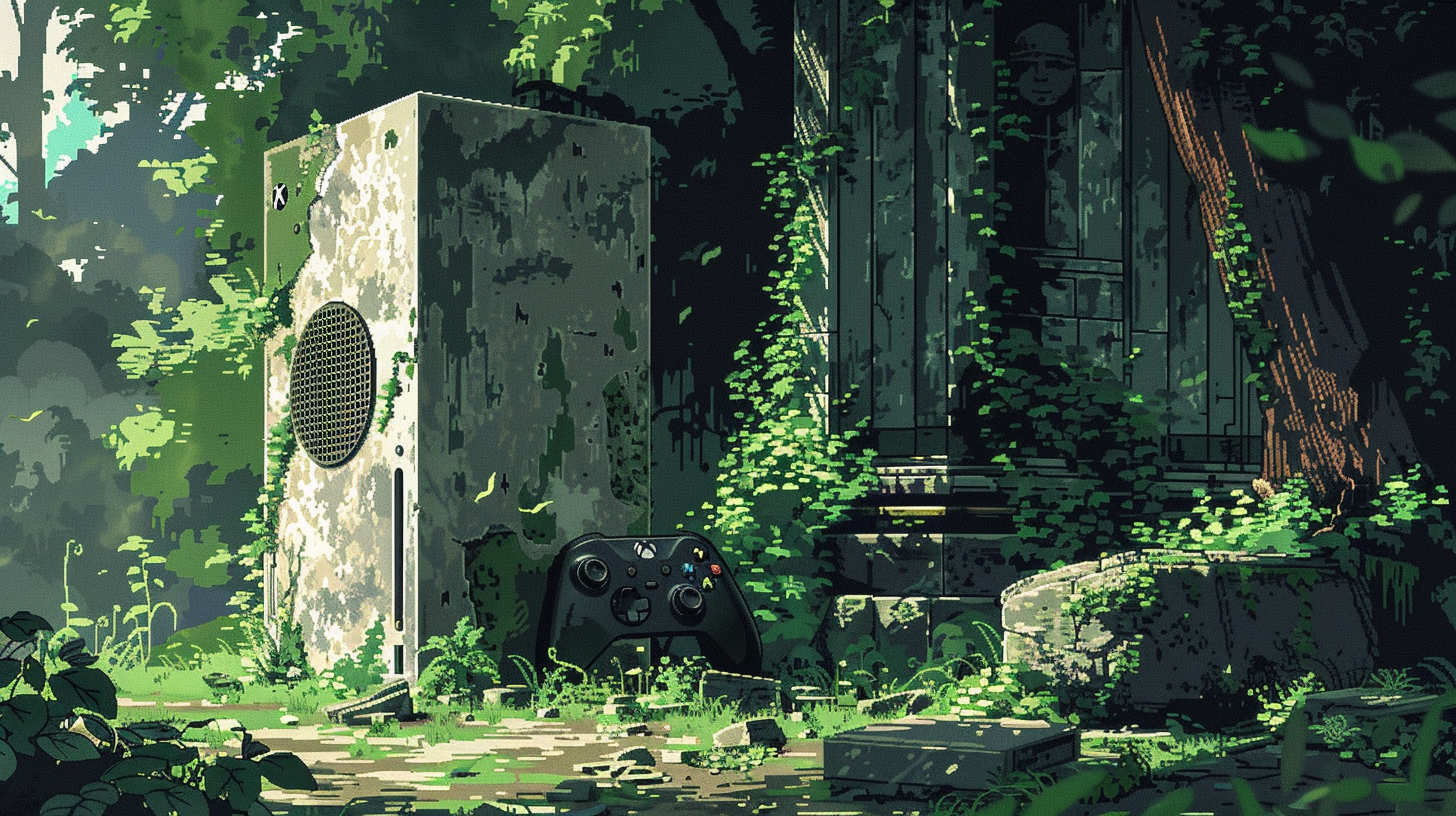I’ve written around 50,000 words in this newsletter this year, most of it about blockchain gaming.
Through that word count I’ve been on a journey, just as BG has been on a journey, through the testing phases of market downturn, game collapse, cynicism, and hope.
Polemos’ turn to mainstream games in order to attract an audience parallels the pivot that web3 developers have made in order to find meaningful markets for their games. As the year progressed, it became clear that there are simply not very many blockchain gamers. This hit home to me in an interview in March with Apeiron’s Frank Cheng, when Frank estimated there were “10k-15k true blockchain gamers” in the whole world. I thought he might be negatively exaggerating, but then – considering our web traffic, and the kinds of numbers we saw in user testing games – I realised Frank was probably right.
To sign up to this newsletter, enter your email, tick the box and click subscribe!
There are plenty of speculators willing to take up offers of NFTs or tokens, but very few gamers who want to play BGs for the sake of playing.
The “coming wave” of web3 was more like ripple, and it would be down to individual games to attract audiences on their own merits, not on the strength of their blockchain technology.
This makes sense. Real gaming is about fun, not promise. The small communities of true believers that spring up around blockchain games can actually obscure this truth from developers. It’s easy to start believing your own hype when all your early access gamers are literally invested in the game, and have self-selected to love it come what may.
So some developers, realising that mainstream gamers were turned off by talk of NFTs and play-to-earn, decided to go into stealth mode. Sparkball, headed up by Chandler Thomlison, is a good example. Chandler doesn’t talk about blockchain integrations any more, at least not to gamers. There’s nothing to be gained by it.
Bo Daly at Shardbound is in a similar position. Blocklords’ David Johansson takes the opposite approach, sticking to the blockchain terminology publicly.
I realised at some point that blockchain gaming existed in this twilight world between investors and gamers: one side fuelling development, the other side either unaware or actively hostile.
The big question is whether that twilight is the sun going down, or the half light of dawn.
I still believe the latter. Top shelf blockchain games are getting closer to reality, as has been demonstrated by the release of the Illuvium Arena beta on the Epic Game store.
Arena illustrates the contradictions and complexities of BG nicely. This is a beautiful, intricate game that some people find addictive. 1.5 million people had registered through the game’s early stages, and then 22k people actually downloaded it. Of those 22k, the majority are no longer playing. In other words, Illuvium is still dealing with the first circle of true believers and hasn’t tested the game on the wider public. Also, key elements of the game environment – the BG elements – are not yet implemented. Investors love the story Illuvium has told about its interoperable game world, but it hasn’t yet proved up the audience proposition.
Some big games are slated for either full or partial release in 2024. Illuvium should have its three main planks down by mid-year (Arena, Zero and Overworld). First person extraction shooter Shrapnel will release a playable demo early in the new year, and hopefully fully release within 12 months. Wildcard could release at any moment. Deadrop, unfortunately, is not expected to be fully released until 2025 or later.
There is no doubt 2024 will be blockchain gaming’s year of truth. Whichever way it goes, it will be individual games, and not technologies, that will make the difference.
One bullet dodged
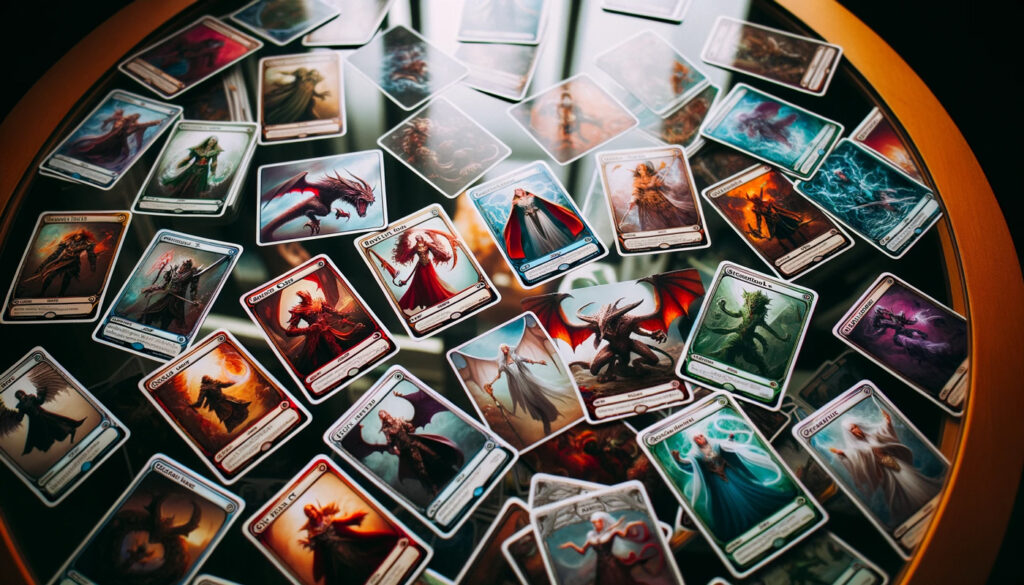
One of the most potentially devastating developments in BG this year was regulator ESRB’s move to slap an Adults Only (AO) rating on blockchain games that offer gamers the opportunity to earn money. This is equating BGs with gambling, which is in some cases fair, in many cases not.
The AO rating isn’t necessarily devastating in itself, but the flow-on impacts could have been. As reported in this newsletter, back in October trading card game (TCG) Gods Unchained disappeared from the Epic Games Store.
We received word this was because Epic didn’t allow AO games on its platform. The ESRB hasn’t issued any guidance on its rating, and for a couple of months neither did Epic. This week, however, Epic reversed its decision and made an exception to the AO rule, writing this clause into its content guidelines:
“The Epic Games Store makes an exception for products in cases where an AO rating was applied solely due to the usage of blockchain or NFT technology.”
Given that BGs are banned from the biggest game platform, Steam, the Epic store is the only viable mainstream outlet. An Epic ban would have killed off games like Illuvium before they even got going.
But before BG developers crack the champagne, it’s worth considering some more of Epic’s fine print around “not facilitating gambling”. Epic’s definition of gambling:
“Content that includes chance elements and allows users to cash out for traditional currency or digital currency that can be directly redeemed for traditional currency.”
To use one example that would seem to fit this bill: the discovery and capture of Illuvials in Illuvium’s Overworld. The NFTs will be able to be sold on open markets (ie redeemed for currency) and are distributed according to weighted random algorithms (ie chance).
It’s almost certainly not Epic’s intent to ban Illuvium, but it is less than optimal for a game to be so dependent on the rulings of one game platform. The issue is also a reminder that as BGs come into the mainstream, they will face scrutiny by national gambling regulators.
(ESRB stands for Entertainment Software Ratings Board, a self-regulatory body.)
Anyone for a Cup of Cozy?

I mentioned that Polemos has been on a journey, a similar journey to the whole of BG. That journey has led us to a video-centric content offering that reaches an average of 250,000 people every month.
Our most popular video (on YouTube) is a short on Baldur’s Gate 3, “Blood sacrifice for a permanent buff”. It’s been viewed well over half a million times. A TikTok we made about GTA 3 is approaching a million views.
We’re successfully making that bridge to the mainstream, and will continue to build audience engagement in 2024.
As part of our content strategy, we are launching a YouTube channel, Cup of Cozy, in January. I can’t wait to tell you more about it next year, but for now I can let you know that our wizard video editor Angelica Beltran (Gelly – pronounced like “jelly”, that’s her above) will be presenting the channel.
This will be my last newsletter of the year, returning in two weeks time. Thanks for your support in subscribing and reading, and I wish you a lovely Christmas and holiday break if you’re so inclined.
This is the web version of our weekly newsletter. Sign up here.



